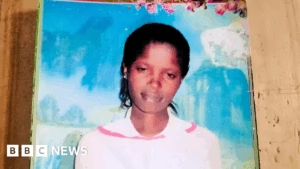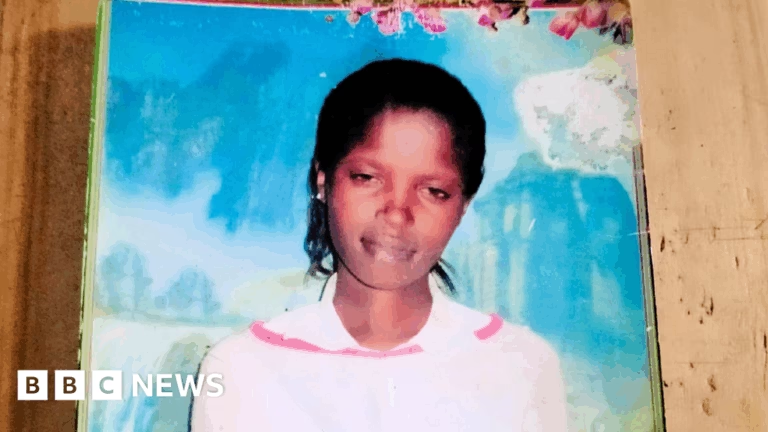When Anuparna Roy accepted the Orizzonti Award for her debut film Songs of Forgotten Trees in Venice earlier this month, she’d forged a victory that’s rare for most women of her background. Trembling with joy and unable to hold back tears, Roy’s visceral display of emotion on stage demonstrated how big the moment was – scripting history as the first Indian director to win in a category specially devoted to new voices in independent world cinema. That itself is a towering achievement, but Roy’s grassroots origins in a nondescript tribal village in West Bengal state’s Purulia district – thousands of miles from Venice’s glamorous palazzos – makes her triumph even more meaningful. Set in the pulsating heart of Mumbai, Songs of Forgotten Trees tells the story of two women from entirely different worlds – Thooya, an aspiring actress who moonlights as an escort, and Swetha, a fellow migrant with a call centre job. What begins as a living arrangement quickly transforms into an intimate relationship between the two women as they navigate same-sex desire and shared experiences of marginality and survival in an urban sprawl. “The personal is political,” Roy told me. “Jhuma Nath’s marriage was not a personal decision. The government was encouraging Dalits to marry rather than get an education – that’s political.” The Hollywood Reporter called the film “an anguished portrait of what it takes for women to survive”, and a “clear-eyed, restrained, moving story” of two young women finding solace in each other. Another review said Roy explores urban alienation with “remarkable subtlety”, praising her deliberately slow, observational style of filming which allows the “emotional terrain” of the characters to emerge with clarity. Formally untrained in the craft, Roy said it was a conscious decision to not follow the traditional rules of filmmaking with “long, mid and close shots” and instead capture the rhythms of her characters’ daily routine more authentically with continuous takes. She shot the film entirely in her own apartment and even got the two lead actresses to move in during the period. It’s no surprise that on her big day at Venice, Roy wore her roots and her politics firmly on her sleeve, using the platform to express support for the children of Gaza. She asked her designer to make a traditional handloom saree that brought together two worlds – Palestine and Purulia. The hand-painted saree with traditional Bengali motifs had the colours of the Palestinian flag on its borders.
Source: https://www.bbc.com/news/articles/ce86148vn1xo?at_medium=RSS&at_campaign=rss







